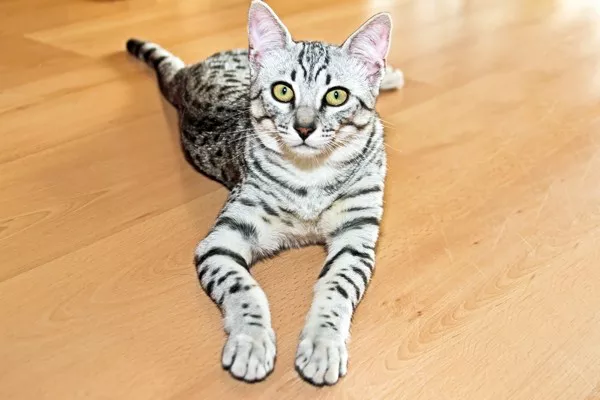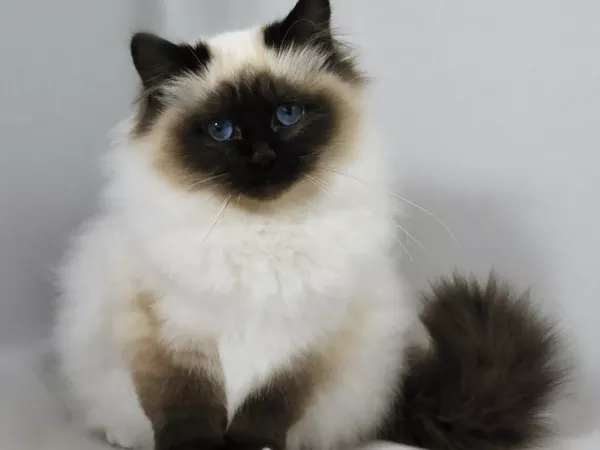In recent years, the prevalence of overweight pet cats has seen a notable increase, impacting their health and longevity. According to the 2022 survey conducted by the Association for the Prevention of Pet Obesity (APOP), 61% of evaluated cats were classified as overweight or obese by veterinary professionals. This represents a slight uptick from the 60% reported in 2018 and 2017. The study underscores the need for a better understanding of the consequences of overfeeding on cats’ digestive systems and their microbiomes.
The University of Illinois Urbana-Champaign conducted an experiment to investigate how overfeeding and subsequent weight gain affected the gastrointestinal transit time and fecal microbiota of cats. The researchers aimed to gain insights that could contribute to more effective prevention and treatment plans for feline obesity.
During the 18-week experiment, 11 initially lean adult female cats were overfed, consuming as much as they desired of a commercially available formulation. The researchers assessed various parameters, including apparent total tract digestibility, gastrointestinal transit time, blood hormones, serum metabolites, hematology, fecal microbiota populations, and voluntary physical activity.
Results indicated that as the cats’ weight increased due to overfeeding, the apparent total tract digestibility of dry matter, organic matter, crude protein, fat, and gross energy declined. Additionally, changes were observed in the fecal microbiota, involving 16 bacteria types, such as Bifidobacterium, Collinsella, and Erysipelatoclostridium.
The APOP’s survey also highlighted the prevalence of misclassification by cat owners regarding their pets’ body condition. Approximately 28% of cat owners perceived their cats as having a normal body condition, contrary to veterinary assessments classifying them as overweight or obese. This misperception poses challenges in addressing the health issues associated with feline obesity.
The steady rate of cat obesity from 2017 to 2022, as reported by APOP, raises concerns about the potential long-term health problems affecting overweight and obese cats. These include bladder or urinary tract disease, chronic kidney disease, diabetes, asthma, liver disease, arthritis, high blood pressure, heart failure, gall bladder disorder, and immobility of the spine.
In conclusion, the study emphasizes the need for pet owners to be more aware of their cats’ body condition, promoting precise clinical assessments and encouraging preventive measures to address the growing issue of feline obesity.

























